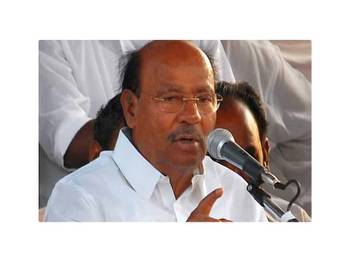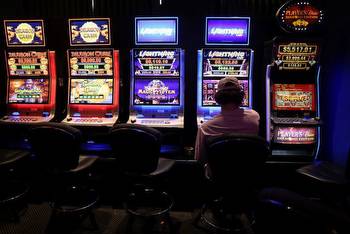‘Promulgation of ordinance to ban online gambling will come as a relief to families of compulsive players’
The promulgation of an ordinance to ban online gambling in the State will come as a relief to families of compulsive players caught in the throes of this addictive pastime, say social and mental health workers in the city.
The ordinance “prohibiting online gambling” was approved by Tamil Nadu’s Council of Ministers on September 26, and was mooted in response to recurring incidents of suicide by people who apparently lost their money to online gambling, and demands by various political parties.
Lured by the promise of earning money without investment, many adolescents and young adults are getting addicted to online gambling in the city, with easy access to online banking making it possible for children to hack their parents’ accounts to fund their habit.
The problem could also be a hidden consequence of leaving students unmonitored during online classes, especially during the COVID-19 lockdown years, say social workers.
“Nearly everyone from the age of six years onwards has been exposed to online education in the past two years, increasing the use of electronic devices among school-going children. Internet-enabled smartphones also became a medium of entertainment for kids because they were not allowed to go out of the house. Online gambling is just the latest in the list of destructive software-based hobbies,” M. Rajaram, consultant psychiatrist, Athma Hospitals and Research, told The Hindu.
Based on card games like rummy and poker and played with monetary stakes, these apps create a craving for winning, said Dr. Rajaram. The centre counsels approximately 30 persons per month regarding the problem.
“Many games start with simple text messages offering ‘bonus’ amounts of money to play them. After winning a few rounds, players are egged on to place higher bets from their own funds. Out of 100 persons playing, at least 10 will want to continue despite losing lakhs of rupees, because they would have become obsessed with victory,” he said.
In many cases, gambling addiction is revealed as one of the many withdrawal symptoms of other dysfunctional behaviour, say social workers.
“What starts as an experiment becomes a habit, and eventually leads players into a negative spiral. Compulsive gamblers, especially students, are scared to ask for help because they fear the repercussions at home,” said J.V. Punitha, consultant general physician, Apollo Hospitals.
Dr. Punitha felt that a helpline dedicated to the problem would be effective in encouraging closet gamblers take their parents or guardians into confidence and seek professional counselling. “Early intervention will be useful in making the required behavioural changes,” she said.
S.A. Arabjan, psychological counsellor, Safia Counselling Centre, said that advertisements featuring celebrities promoting gambling apps, especially on social media sites and TV, were unethical and misleading.
“Typically, these apps claim to be about games of skill. But the financial debt incurred by losing can lead players to criminal behaviour and extreme steps like suicide. Government curbs to prevent such risky behaviour are essential in our society,” he said.
































